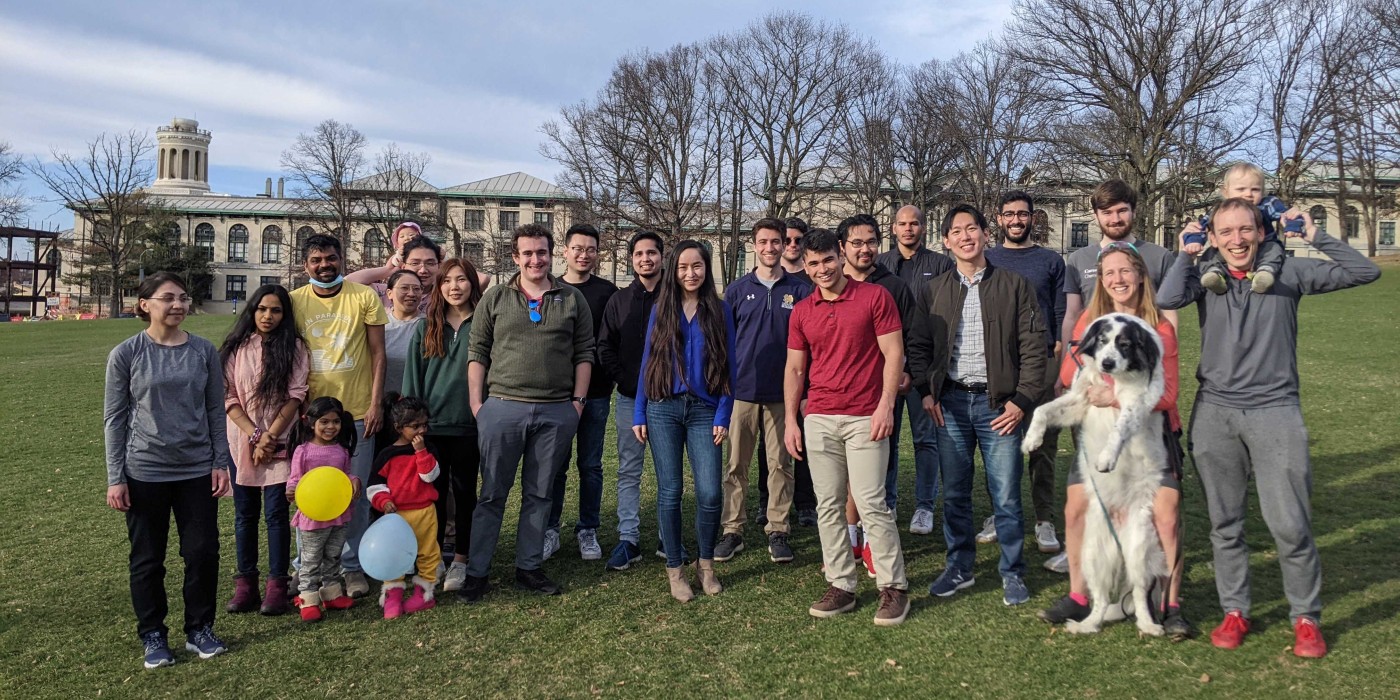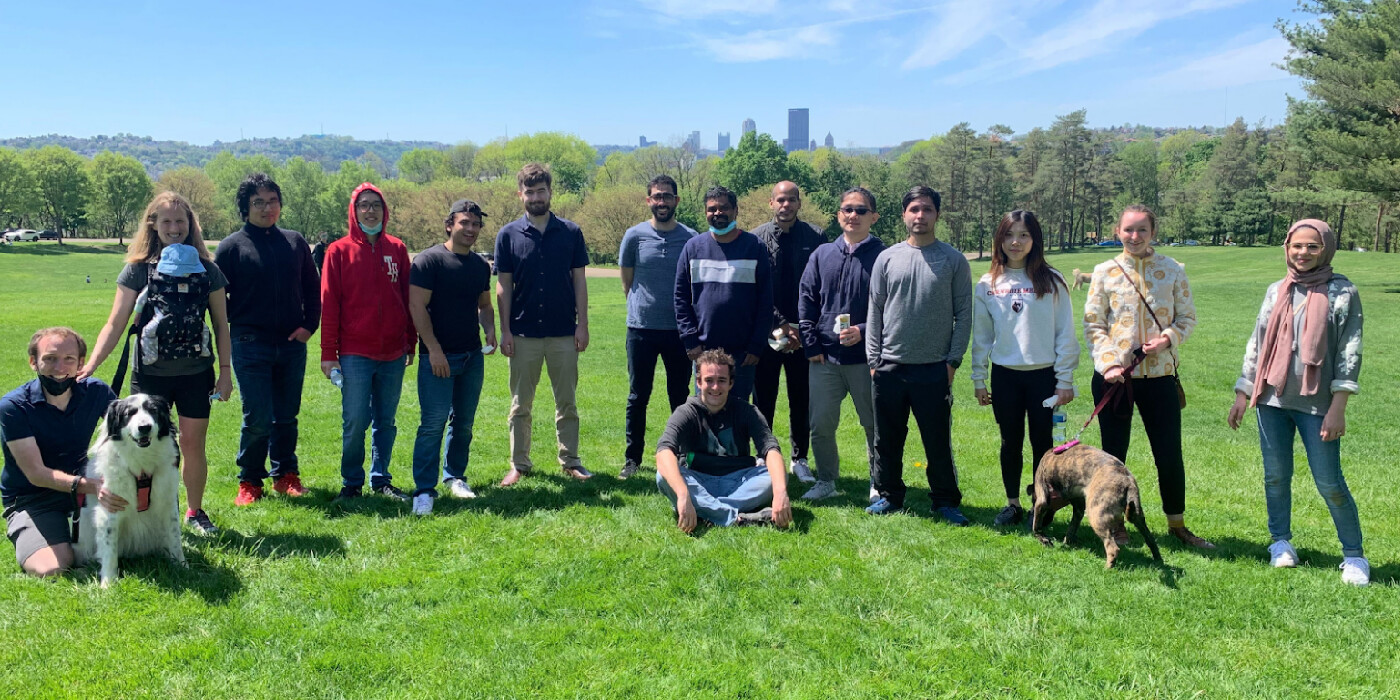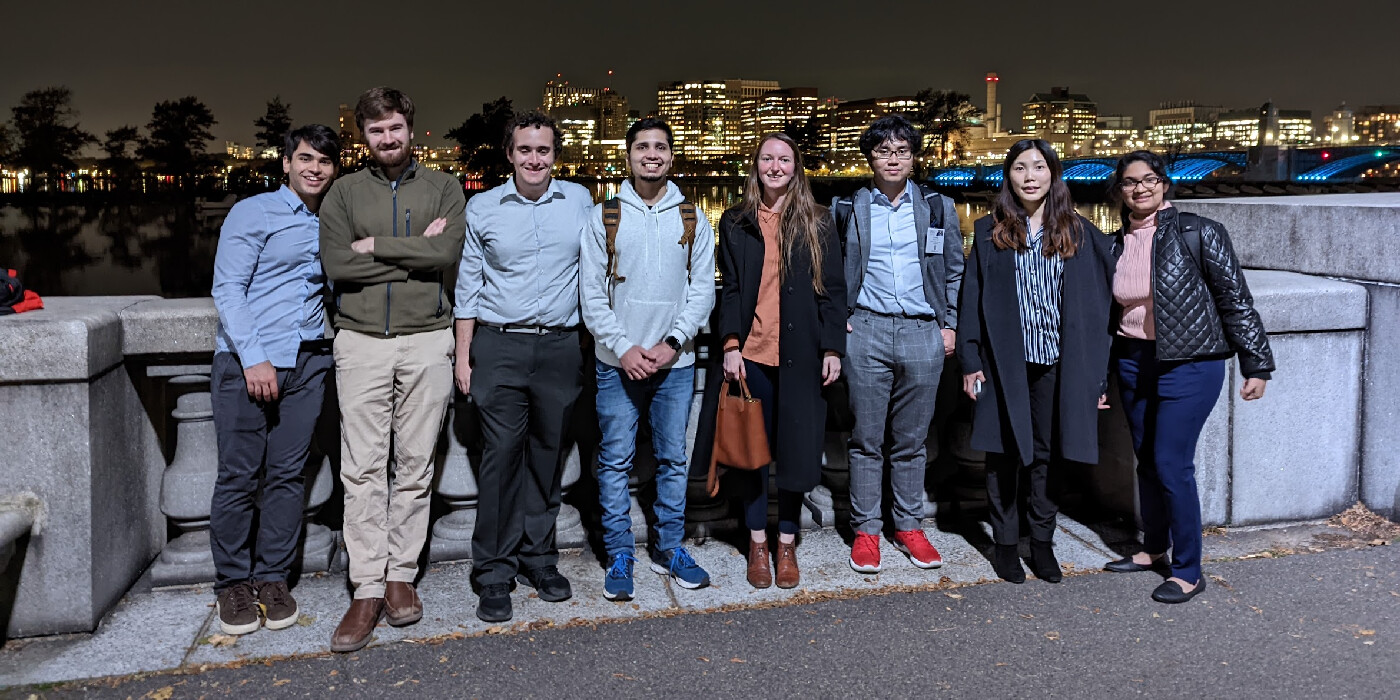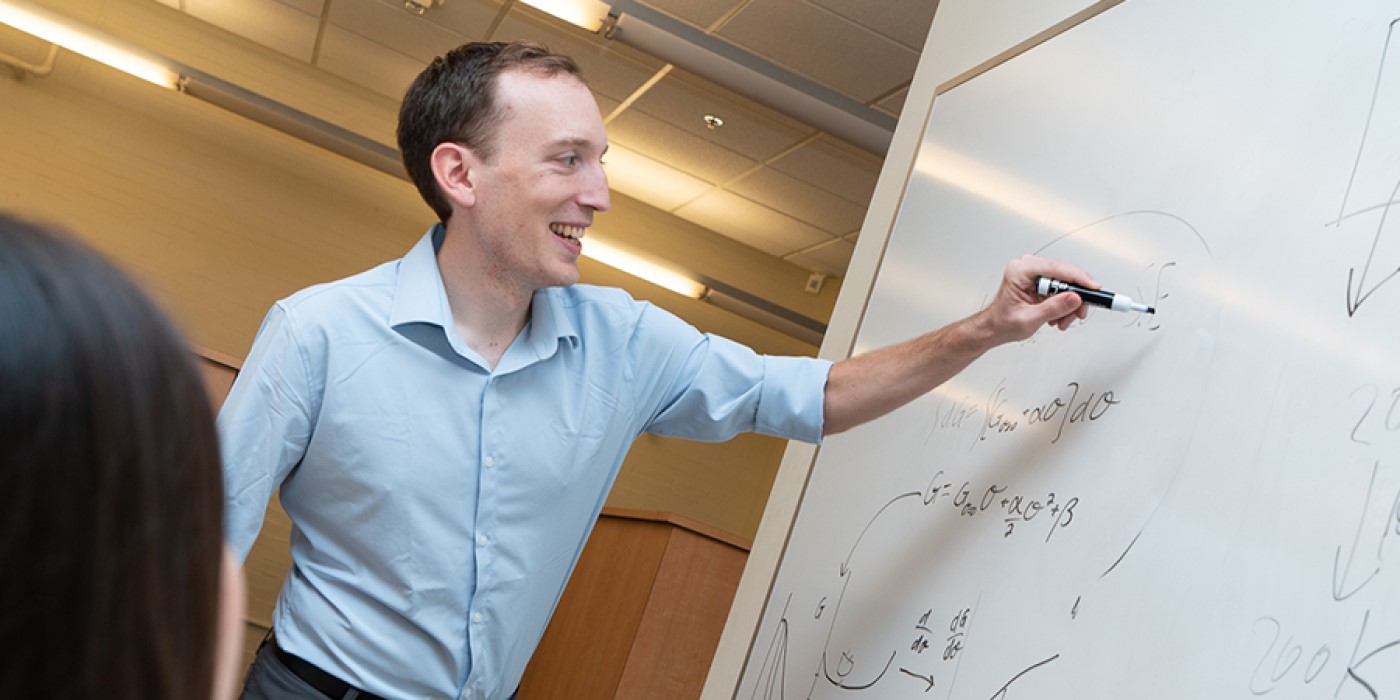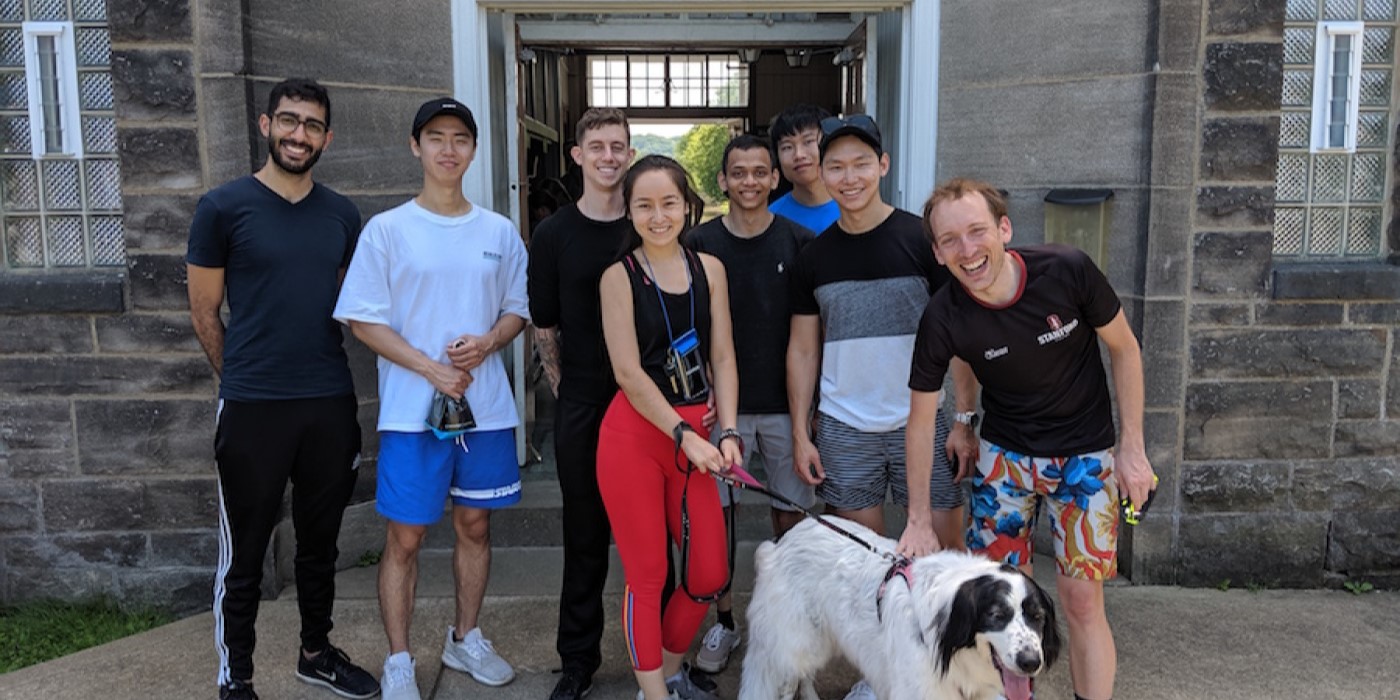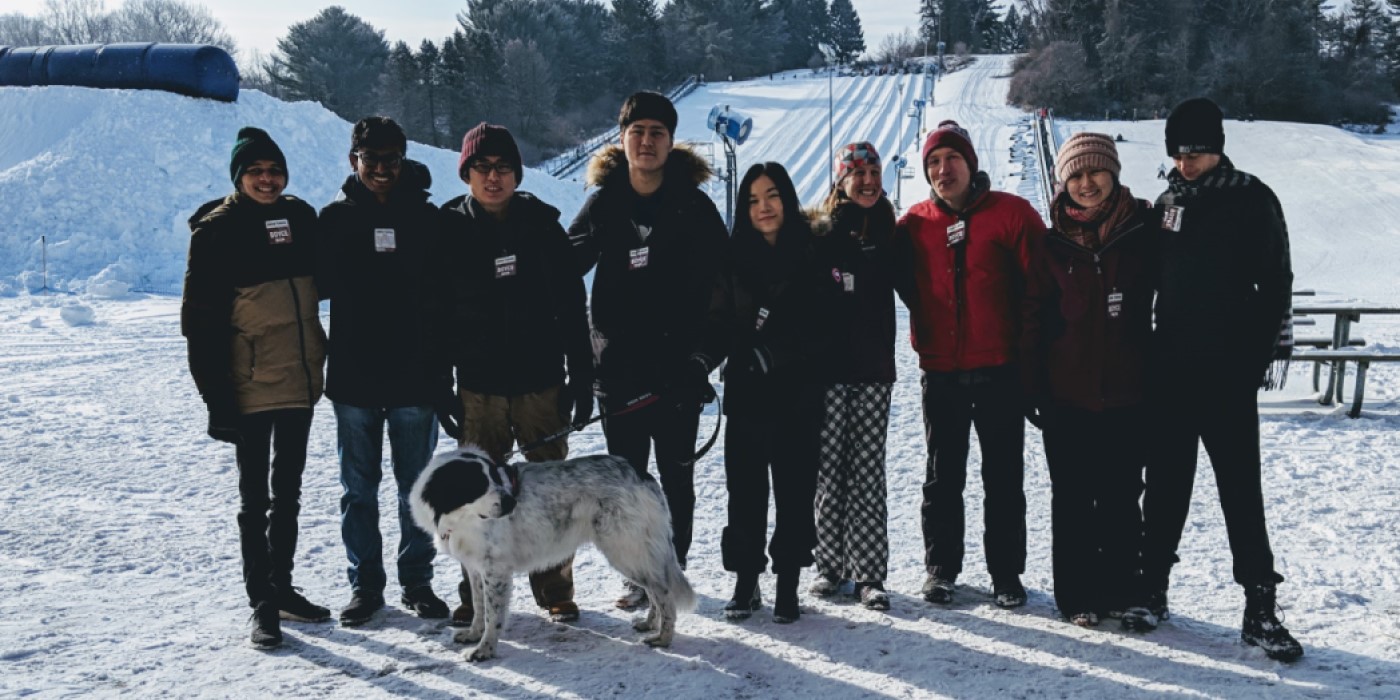Welcome to the Ulissi Group
The Ulissi Group in the Department of Chemical Engineering at Carnegie Mellon University applies molecular simulations, high-throughput computation, and machine learning methods development to design materials at the atomistic scale. We use a variety of molecular simulation techniques including both electronic structure calculations (DFT) and soft materials (molecular dynamics) to understand material properties at interfaces. Applications currently include electrochemical catalysis, thermal catalysis, nanoparticle design, surfactant design, polymer/catalyst interfaces, and additive manufacturing.
Machine learning development for surface science and catalysis requires improvements in the efficiency of calculations, automated methods for surface science to build large datasets, and machine learning models that can bridge both organic and inorganic materials. Check out the Research site for more details on the applications, and the Software & Datasets site for links to the actual models and datasets we generate. Almost all of our work is collaborative and open science, so please contact us if you have questions. We try to post all of our papers, analysis, and code in repositories alongside our papers, so if something is missing it’s probably because we forgot to put it up!
Carnegie Mellon University has complementary strengths for our group, including computational chemistry (Kohn worked here!), machine learning (#1 in the country), general engineering, and chemical engineering (well known for computational and mathematical methods, especially for process systems). We collaborate across campus, and we also work with a large number of partners with complementary skills, including Penn State, the University of Toronto, Johns Hopkins University, and national labs like LBL and LLNL.
We are always looking for excellent PhD students, post-docs, MS students, and undergraduates (more info)!
We are grateful for funding a variety of sources, including federal funding (DOE, NSF, ARPAE), national labs (LLNL), computing resources (NERSC, PSC, NVIDIA), and foundations (3Mgives, ACS, others).

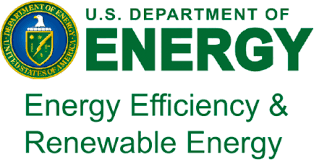

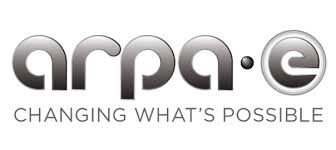
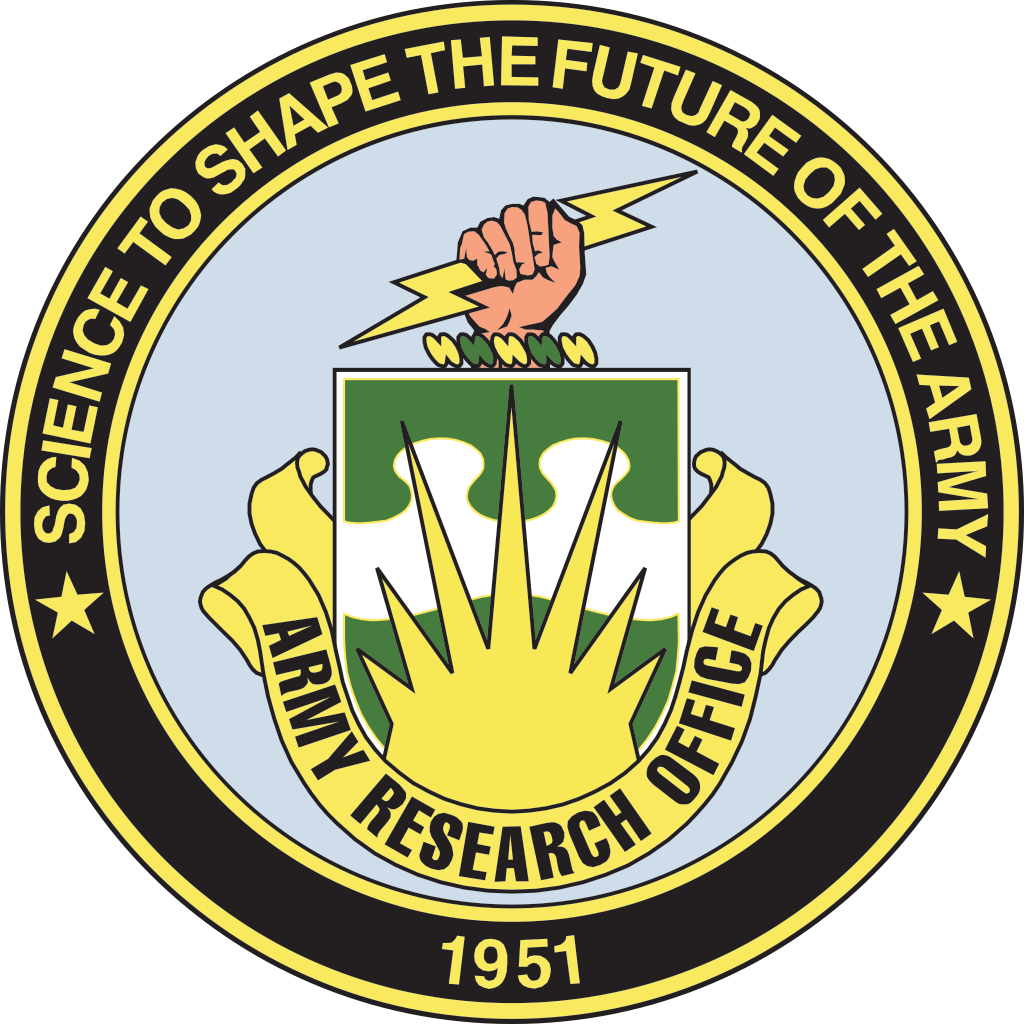


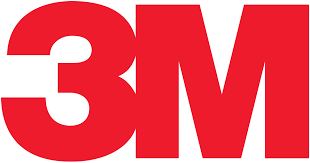

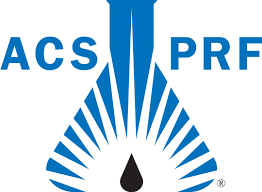

News
11/2021Welcome to new PhD students Hilda Mera, Janghoon Ock, and Ethan Sunshine!
11/2021Unnatti passed her thesis proposal, working on the impact of site nuclearity on catalyst reactivity
10/2021Joe, Lory, Brook, Adeesh, and Yuri all pass their PhD qualifiers!
06/2021Pari/Muhammed start internships at FAIR and Jun starts an internship at Amazon ML!
02/2021Kevin graduates as first PhD from the group and joins Schrodinger Scientific
